Wavegarden was founded in 2005, when Basque engineer Josema Odriozola and German sports economist Karin Frisch decided to combine their love of surfing with their expertise in designing and building sports facilities, in particular skateparks. What both entrepreneurs always enjoyed most about their skatepark experience was seeing the beaming smiles on the faces of the kids who could not wait to try out the new park.
Living next to the ocean, they were convinced that the single greatest sports facility is simply a beach with good waves. Their objectives were clear:
Ten years ago, wave-generating technologies of this nature did not exist and there were no precedents to follow. Having pioneered every element of the design and implementation process ourselves, Wavegarden can boast various groundbreaking inventions and achievements, including those mentioned below:
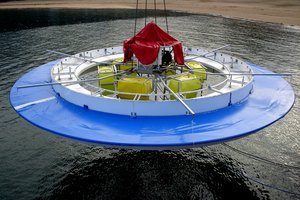
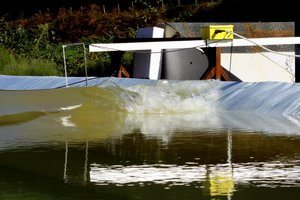
A visionary engineer and passionate surfer from San Sebastián, together with two other engineers, designs and builds his first prototypes of artificial waves for surfing, both circular and linear.
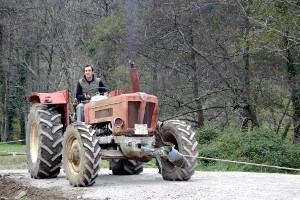
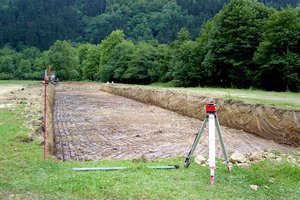
Headquarters move from San Sebastián to an isolated location in the Basque mountains, where a bigger prototype is constructed. A farm tractor pulls the wavefoil which generates waves 0.5m high.
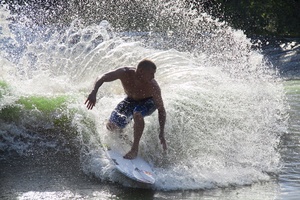
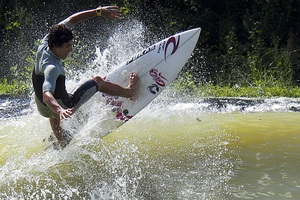
Wavegarden receives widespread media attention across the globe when videos of top professionals surfing the waves at the test center are published.
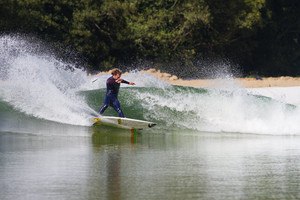
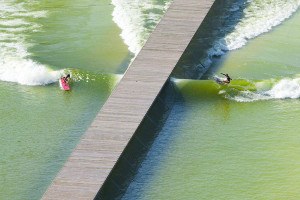
Cementing Wavegarden’s commercial viability, a second, full-size prototype is built with larger, longer and more frequent waves. Right and left hand waves break simultaneously along the pier. Once the wave cycle is complete, the system turns around and creates another set of perfect waves in the opposite direction. The new system is tested and validated by professional surfers from all over the world.
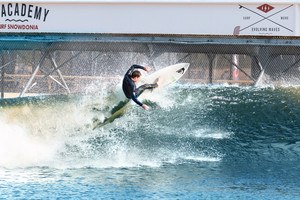
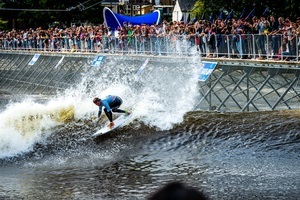
The first commercial Wavegarden facility, Surf Snowdonia, opens to the public in North Wales. In its first full year of operation, Surf Snowdonia welcomes 150,000 visitors, produces 30,000 waves, and stages the first ever major international surf event in a wave lagoon, the Red Bull Unleashed.
The first scale model of the Cove is built, representing a whole new level of artificial wave generation, producing up to 1,000 waves per hour.
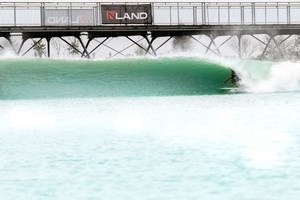
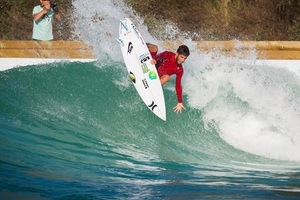
The second commercial Wavegarden lagoon, NLand Surf Park, opens its doors to the public in Austin/Texas. The first full-size demo center of the Cove is built.
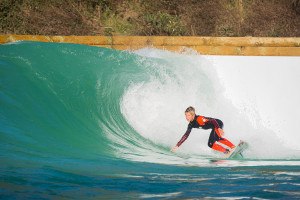
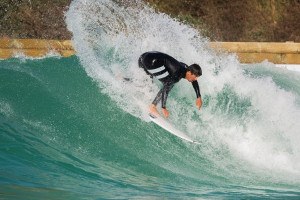
This next generation surf facility features new technical developments never seen before, and is able to deliver up to 1,000 perfect, ocean-like waves within the smallest footprint yet.
With over 20 ongoing projects across the globe and top line stories appearing about Wavegarden on major networks such as the BBC and CNN and in publications such as the New York Times, the journey has only just begun!
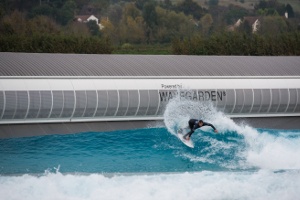
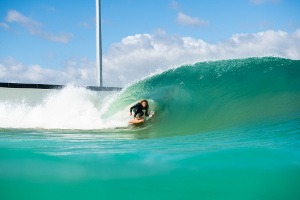
Opening of the first commercial Wavegarden Cove facilities in Bristol, England and Melbourne, Australia.
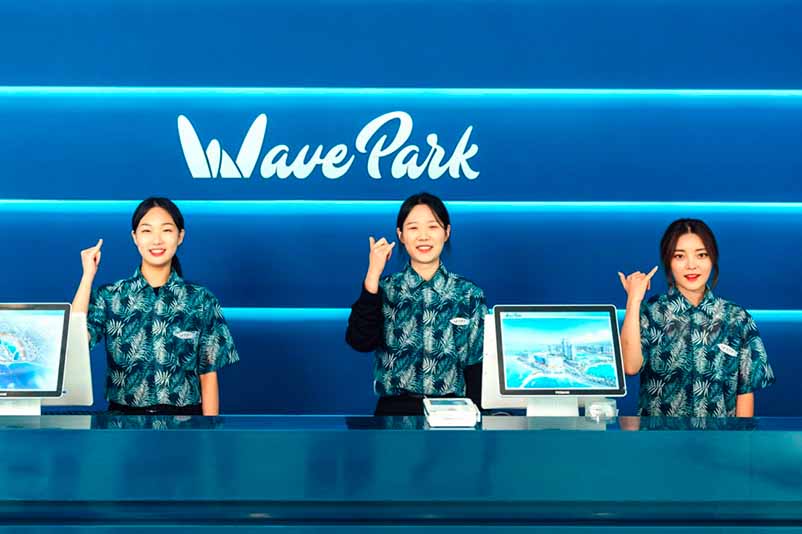
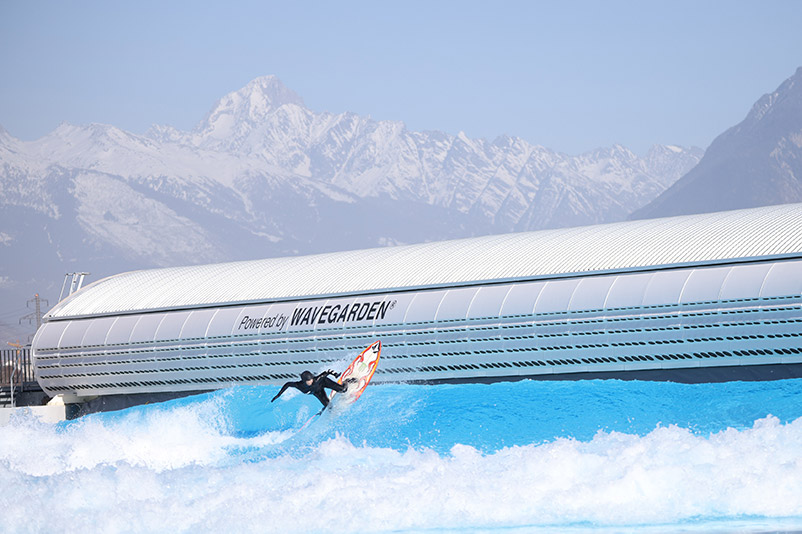
Located just 30 min. from Seoul’s Int. Incheon Airport it’s the largest Wavegarden Cove built to date featuring 56 modules.
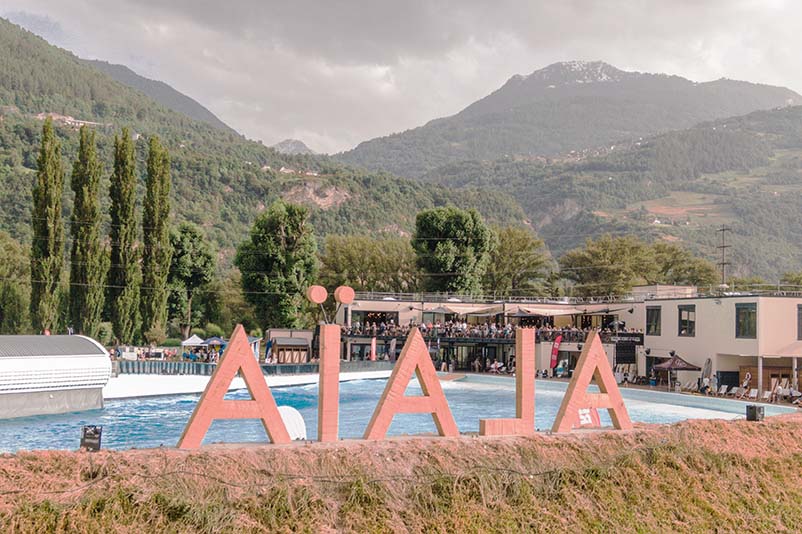
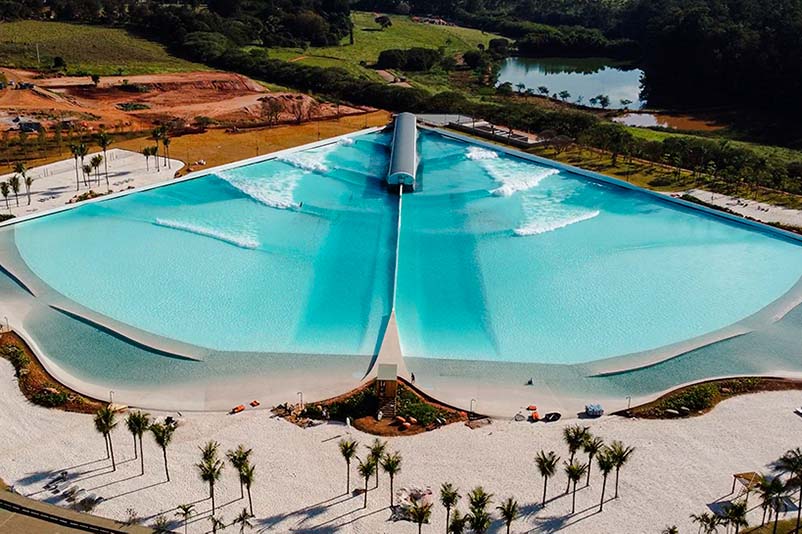
Even during the pandemic Wavegarden didn’t stop opening new facilities: Alaia Bay in Switzerland and the first private facility of Latin America, next to Sao Paulo.